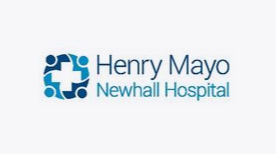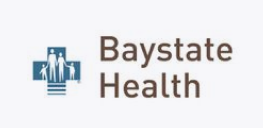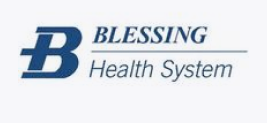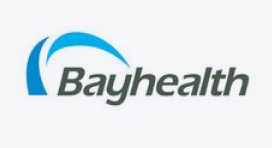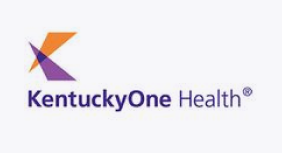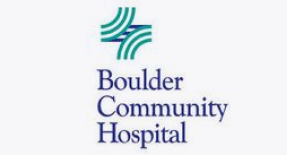April 30, 2022
Why Hospital Specialty Pharmacy’s Should Have Access To Limited Distribution Medications

Health Systems Can Shine when it comes to Specialty Pharmacy
Health systems are beginning to play a significantly increasing role in collaborating with drug manufacturers on clinical trials to demonstrate drug safety and clinical efficacy of complex, high-cost specialty medications. However, once these drugs are approved, they find themselves unable to dispense the medications that they just helped test because of Limited Distribution restrictions imposed by the manufacturers.
Limited Distribution Frustrations
The manufacturers well argue that the dispensing new specialty medications is a complicated business: There are systems, processes and procedures involved to ensure compliance with prior authorization, management of a cold storage supply chain, and rigorous patient follow-up required to achieve good outcomes….but these are all things that hospitals and their providers manage as part of all patient care.
Hospital’s can genuinely argue that specialty care provided by some of the “Specialty Pharmacies” and via distribution channels that do not include the health system is sub-optimal for the patient. These pharmacies are not equipped to manage the breadth of confounding factors that affect adherence and outcomes, such as commodities, behavioral health complications and social determinants. The benefits that payors and manufacturers expect to achieve by limiting specialty medication distribution are most likely going to be offset by the introduction of gaps in care, missing documentation and poor hand-offs between pharmacists and physicians.
What’s in it for Hospitals?
Hospital-based specialty pharmacy operations can generate incremental revenue and gross margins at a time when the profit associated with most many of their service lines is shrinking. Further, for the majority of hospitals – particularly large Integrated Delivery Networks (IDN), the most important driver for their specialty pharmacy businesses is the ever increasing pressures of value-based care.
As hospital’s become more involved with IDN’s and ACO’s they are increasingly serveing populations where they act as both payor and provider, and specialty pharmacy represents a significant cost component of costs. By having to cede the management of high-cost, complex specialty medications to external pharmacies, they are left have a huge hole in their ability to provide integrated patient-centered care.
Keeping specialty pharmacy within the hospital and integrating it with the care continuum allows for tight coordination and collaboration between the pharmacists, physicians and the staff responsible for rigorous patient follow-up, all documented through a shared electronic health record (EHR).



